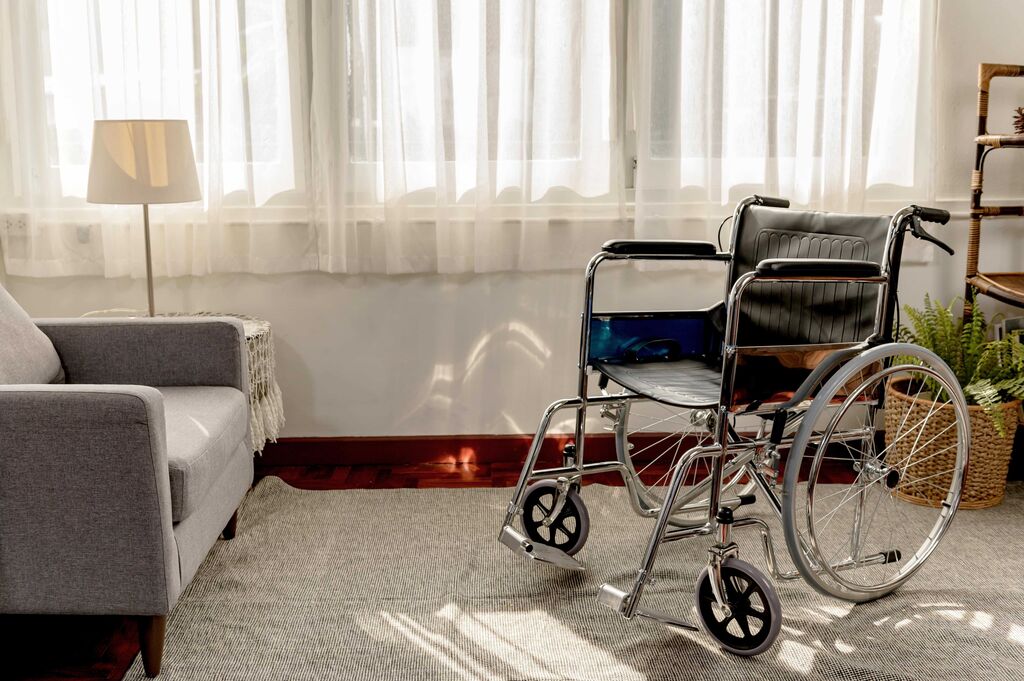Assisted Suicide
MND patients conflicted over assisted suicide Bill

As Parliament prepares for a crucial debate on the Assisted Dying Bill on 16 May, two people living with Motor Neurone Disease (MND) have shared opposing views on the proposed legislation.
The Bill, which would allow terminally ill adults in England and Wales to end their lives legally under specific safeguards, passed its second reading in November with 330 MPs in favour and 275 against.
Over 5,000 people in the UK live with MND, a progressive disease that affects the brain and spinal cord, causing muscle weakness and eventual loss of mobility and speech.
Elaine Stonehouse, 68, from Loughborough, strongly supports the Bill. Diagnosed with MND, she described the disease as “cruel” and said that being able to choose when to die would restore her sense of control.
“It should go through immediately,” she said. “Choosing to die takes back control. I don't understand people that don't want it. It's a freedom of choice.”
She shared how the condition has left her unable to complete basic tasks and reliant on her husband, who now serves as her full-time carer. “I hate it. I am not the person he married… It’s not fair on me. It’s not fair on my husband,” she said.
However, David Needham, 54, from Goadby, also living with MND, opposes the Bill. A former sportsman, he acknowledged that losing his independence had been difficult, but he continues to find value in life through his family and small daily joys.
“You have the choice to make your own path,” he said. “My wife, the family, the pets – there’s a lot that I view as positive.”
He also raised concerns that proposed safeguards may not protect the most vulnerable:
“Irrelevant of the safeguards that are allegedly being put into place, I don't think they're anywhere near sufficient.”
These different stories show how many differing views there are even amongst those who the Bill is aimed at.
They demonstrate a key concern that by changing the law for a select few who would choose an assisted suicide, there will inevitably be an impact on those who would not.
This is particularly concerning when considering how the law’s potential to normalise assisted suicide might affect vulnerable people who may already be grappling with feelings of isolation or hopelessness.
Having assisted suicide readily available could also mean individuals like David would not have the opportunity to see they could eventually find value in life with MND.
As Scotland and Westminster debate Bills in the coming weeks, MPs and MSPs will have to weigh up the differing views on this subject, and ultimately decide whether they are willing to accept the wider and potentially devastating implications of such a dramatic change in the law.
Share
